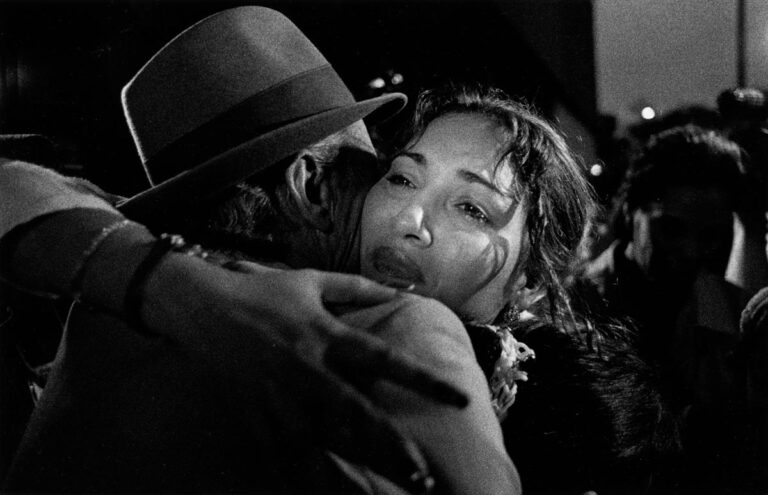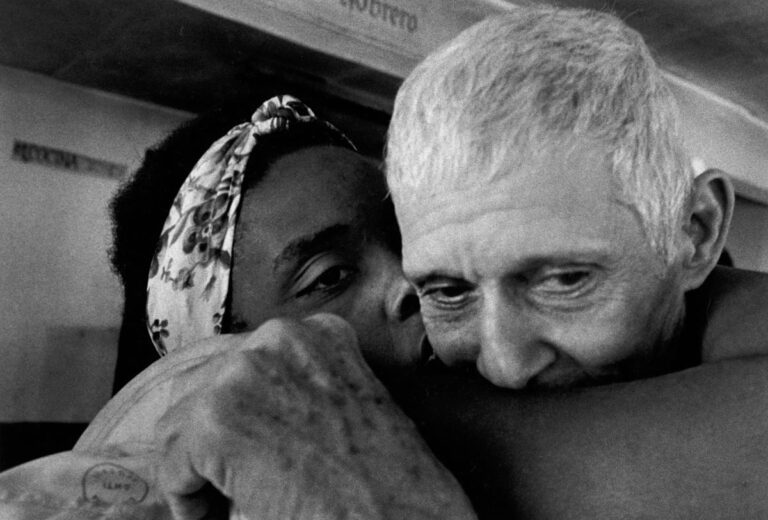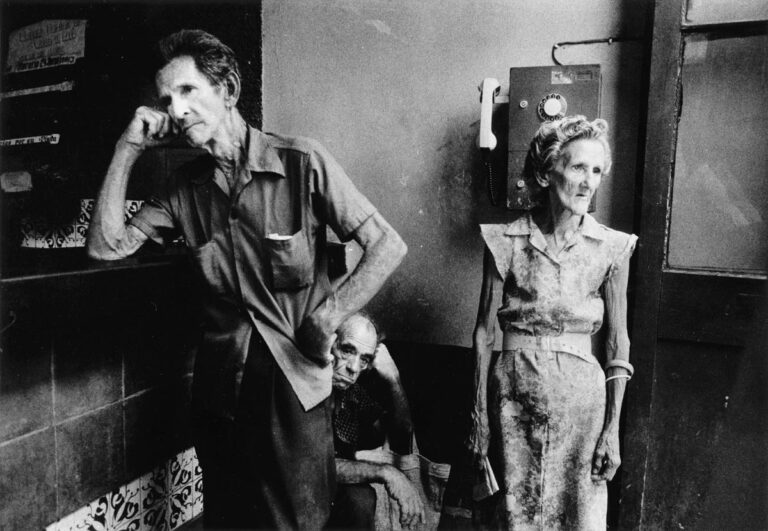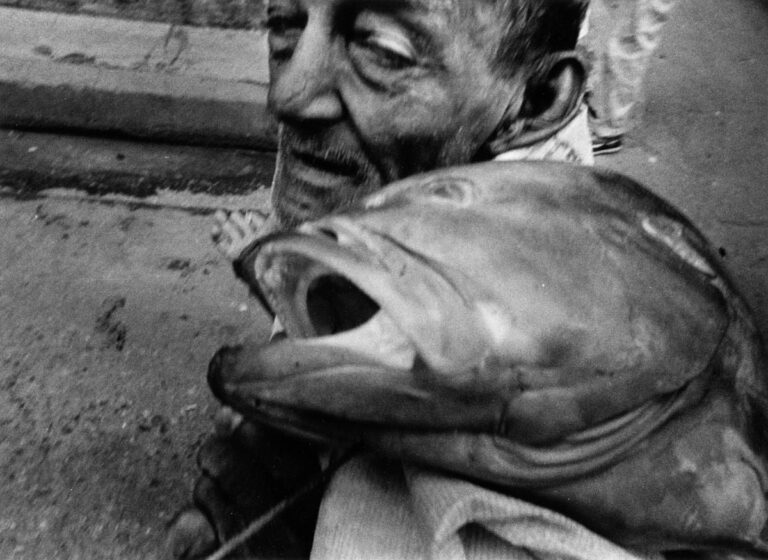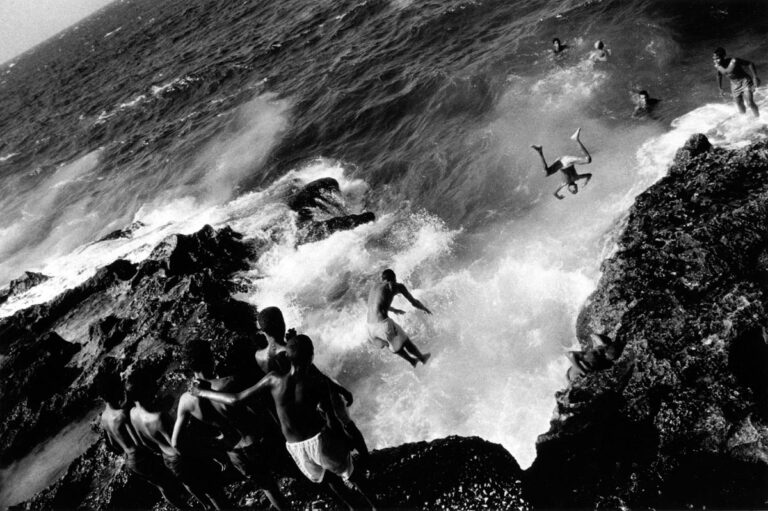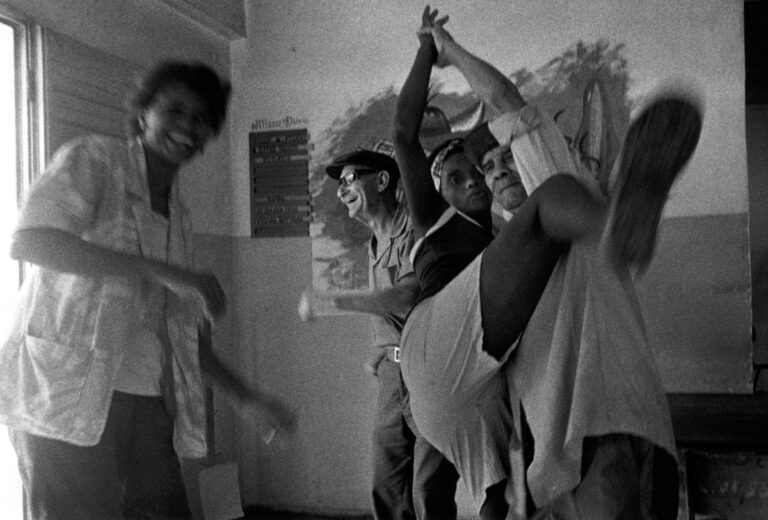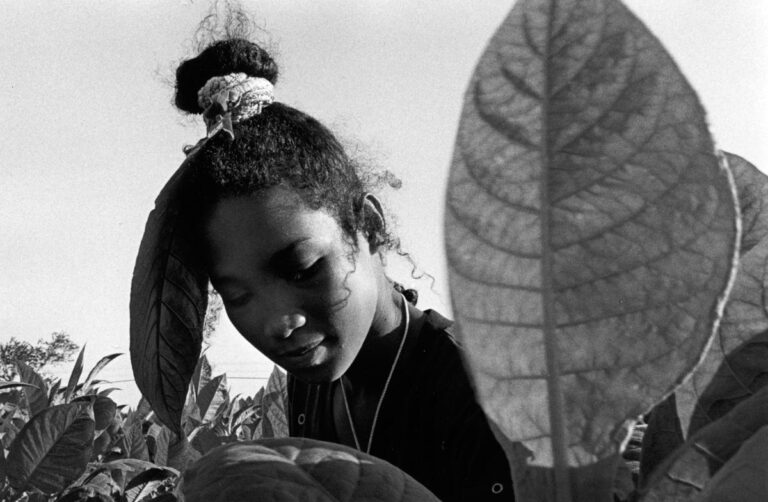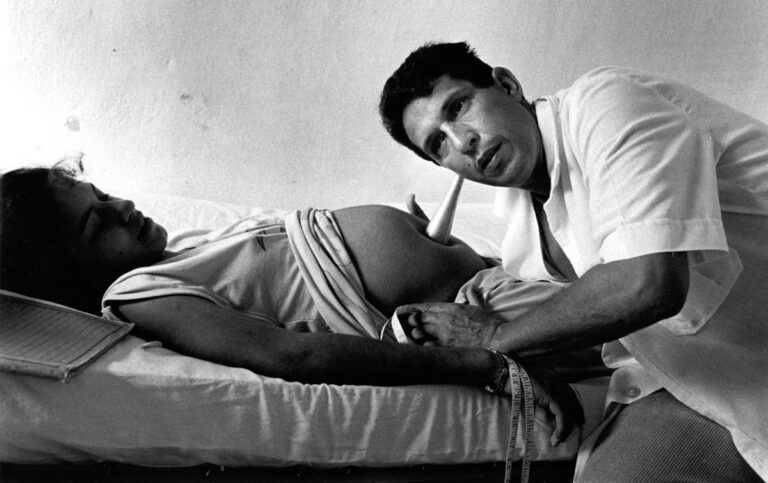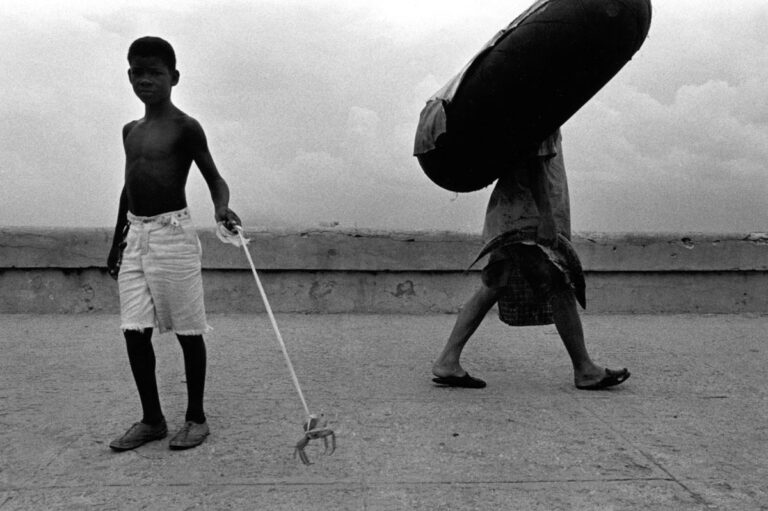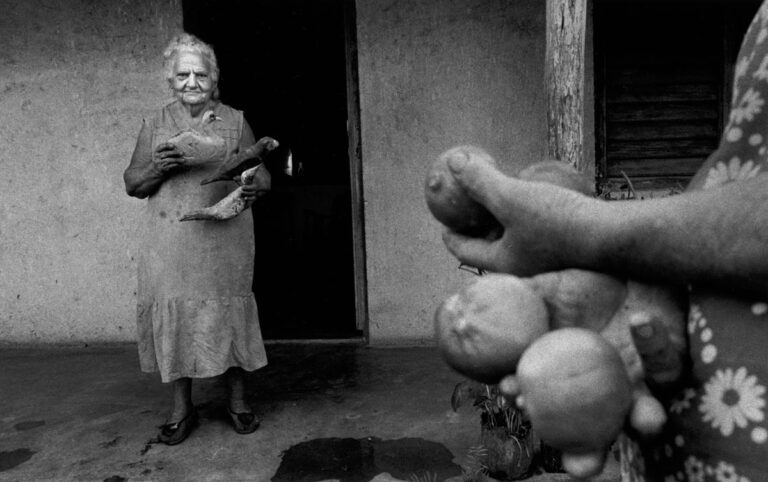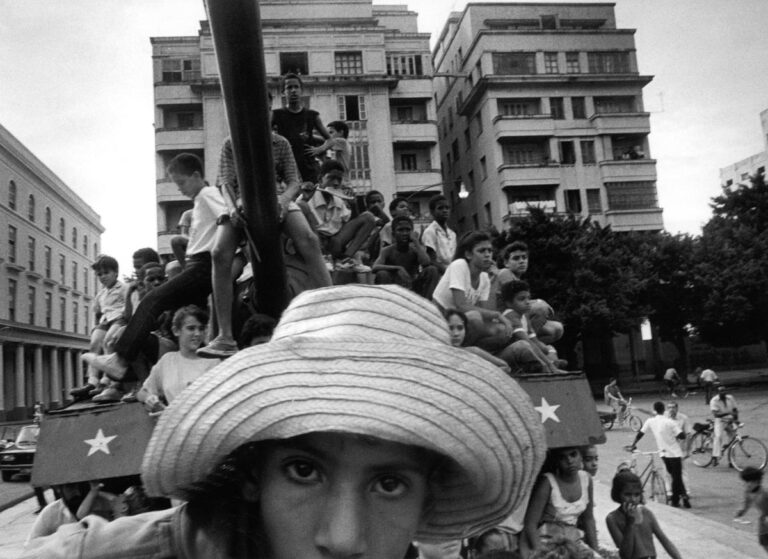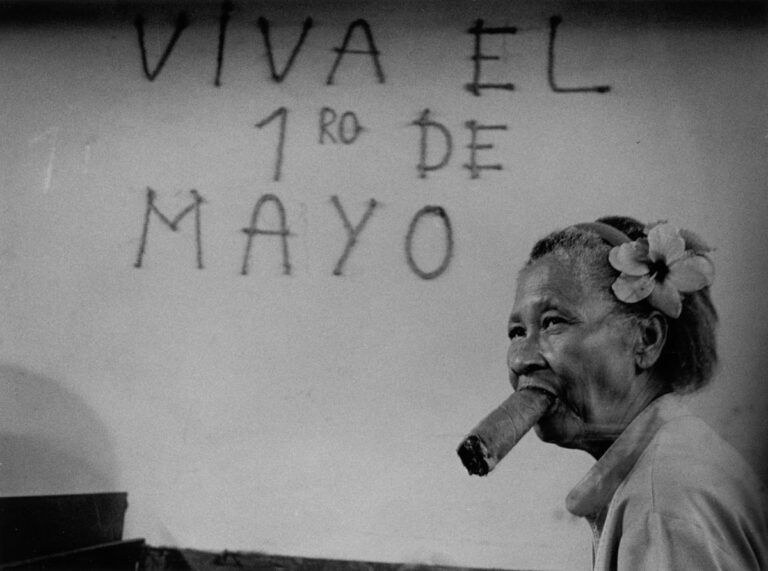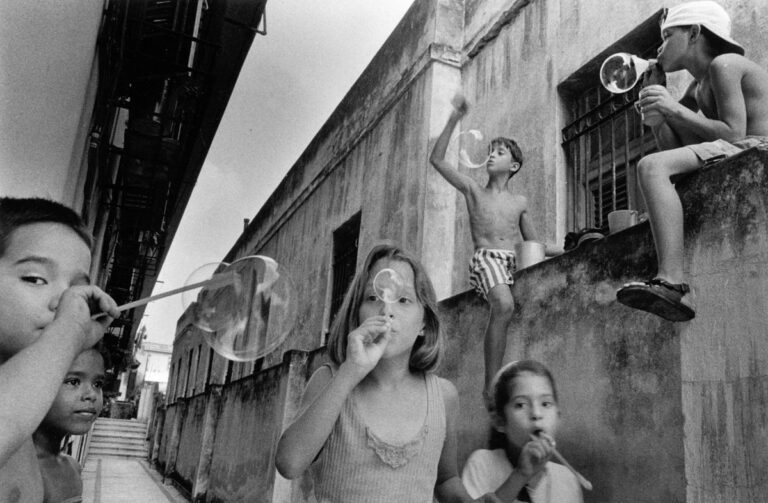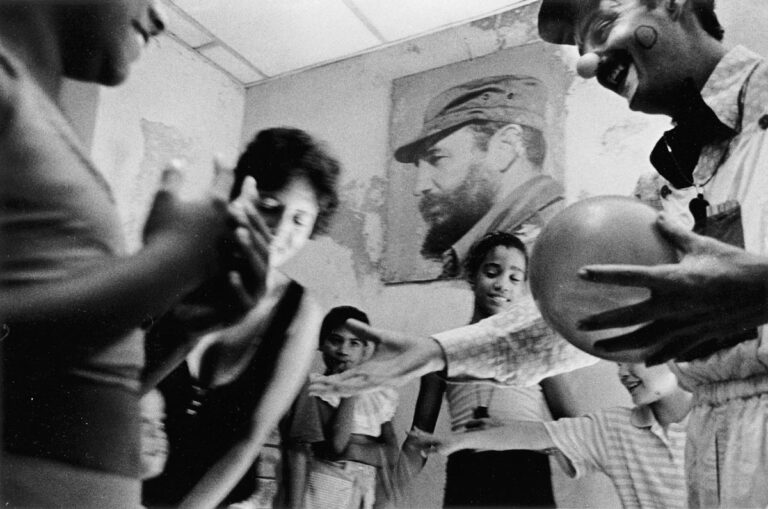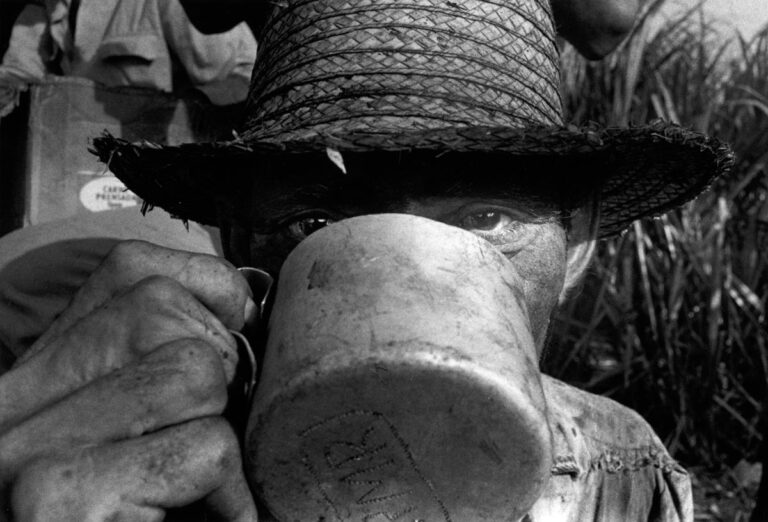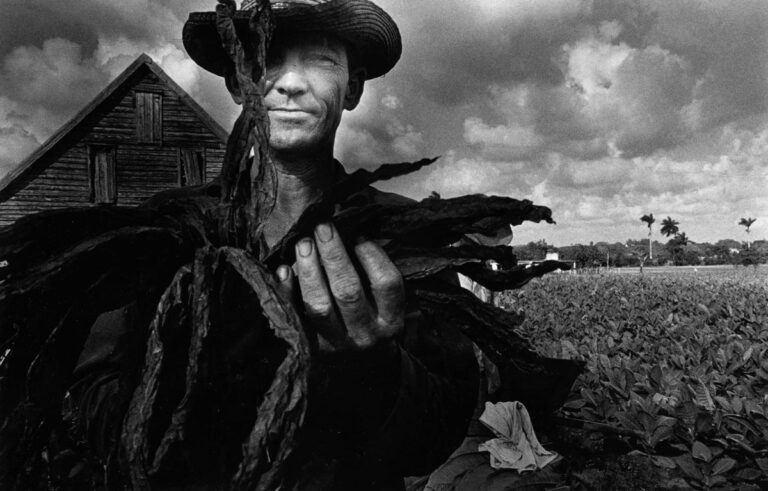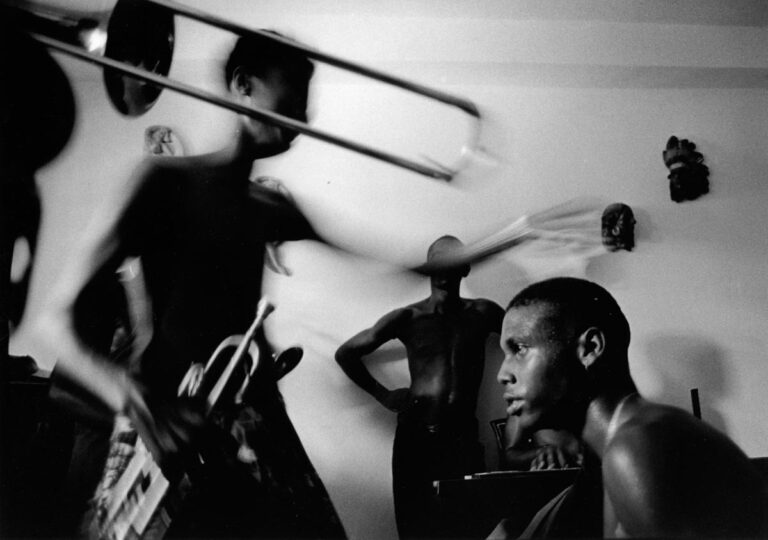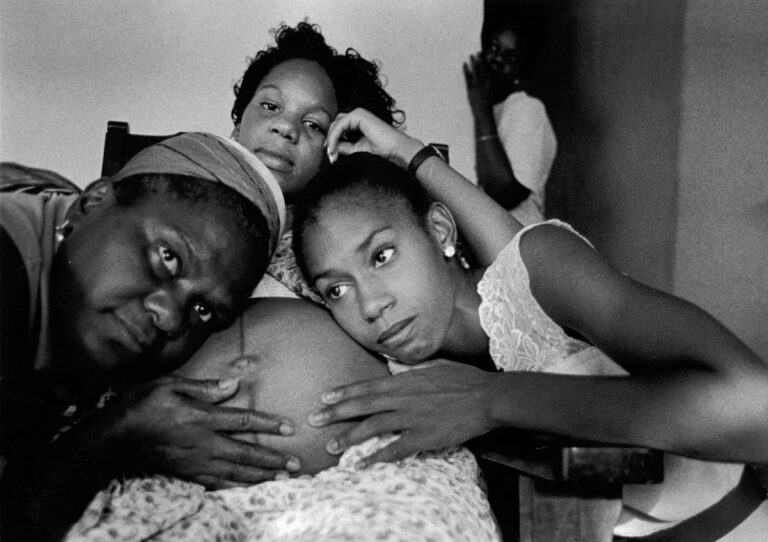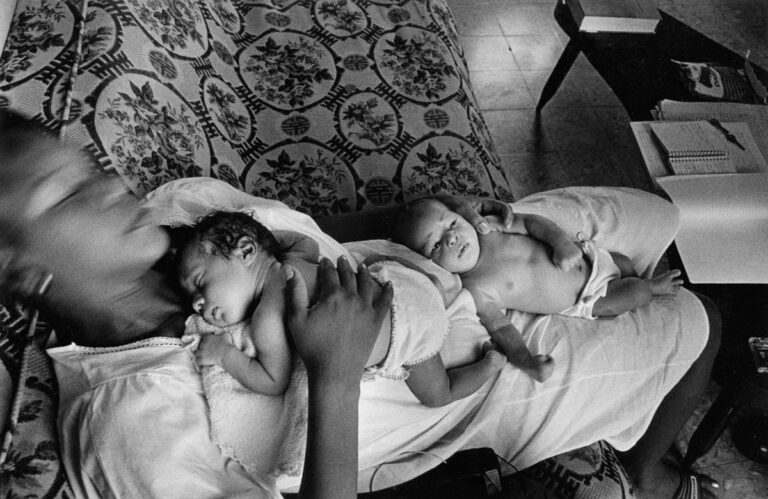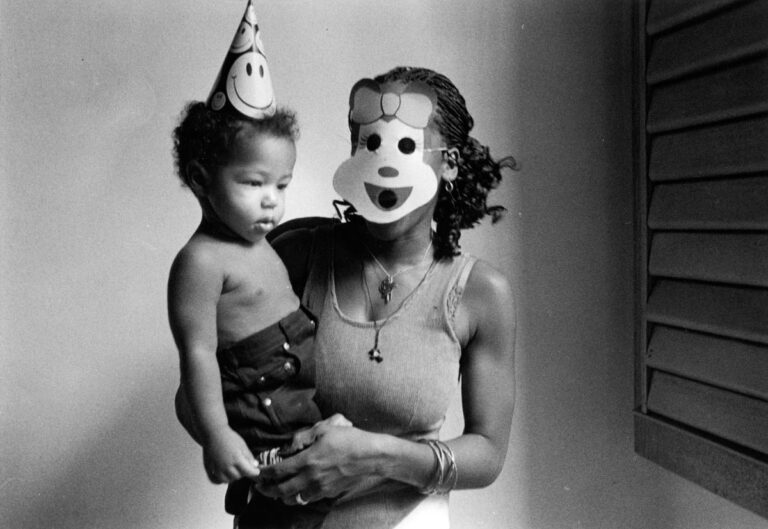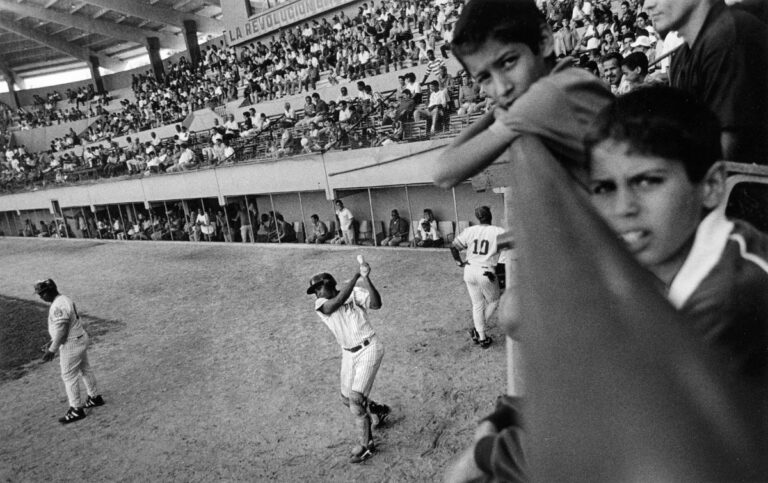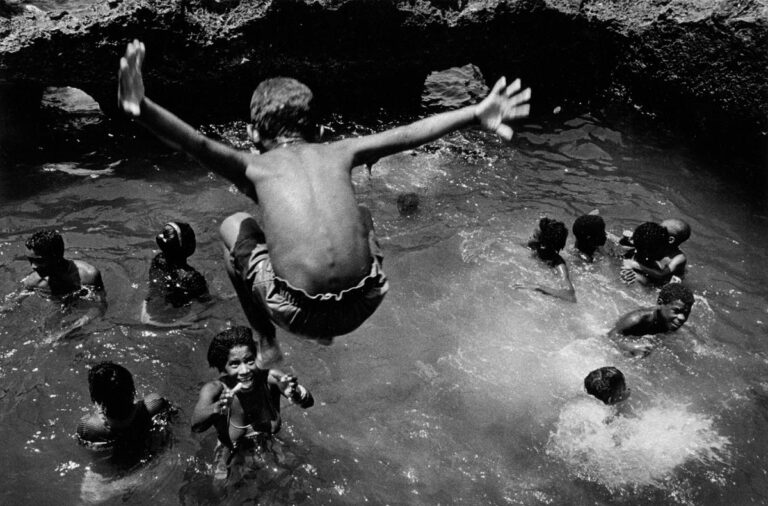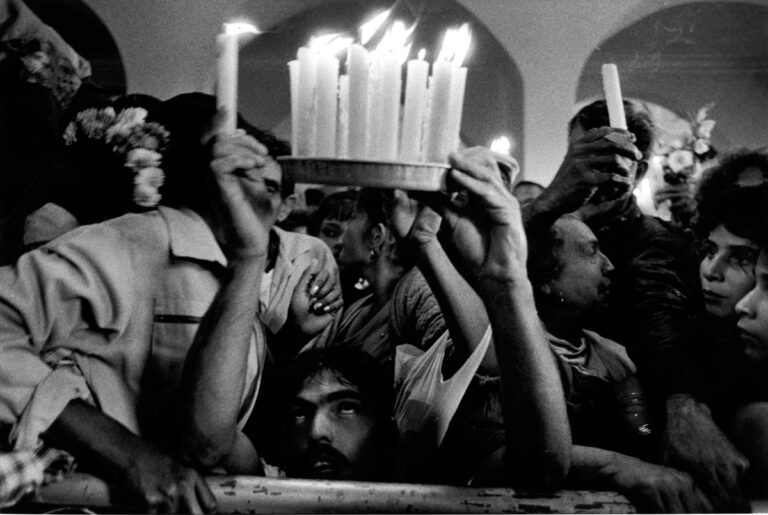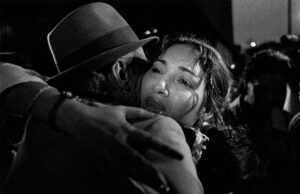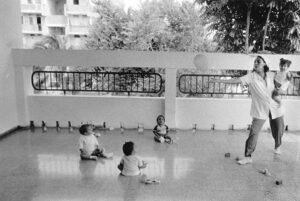Text and photos by Ernesto Bazan
In November of 1992, I made my first trip to Cuba. I had bought a super cheap tourist package in Merida, in the Yucatan peninsula of Mexico. It was $350 for a flight and a week’s worth of food and lodging.
For many years, I had a strong desire to visit Cuba – I’m almost sure I must have lived there in another life. Perhaps the fact that I was born in the year of its Revolution is no coincidence.
When I arrived, Cuba was experiencing one of the worst times in its history, a period of profound transitions that Fidel Castro had labeled “el periodo especial.” When the Soviet Union collapsed, Cuba was sent reeling towards an uncertain future. Citizens were facing harrowing changes and dire hardships.
Walking the streets of Havana, I began documenting these feelings of hopelessness and despair that I saw on people’s faces. The atmosphere was gloomy. Most of the stores were empty and there were endless lines for everything.
As I made my rounds, I felt as if I had traveled back in time by 30 to 40 years. It was the Sicily of the 1950s and 60s. There was a dream-like quality to daily life, a throwback to southern Italy that reminded me of the black and white movies I watched when growing up. There I was, walking around the streets of this amazing city where time seemed to have stopped.
In spite of their difficulties, Cubans are special people. You cannot be indifferent to them. Cubans have enriched my life. The harmony I have with them is more intense, more profound than I have had with any other people.
Some of these pictures are life affirming images, reflections of the remarkable reserve of inner strength and patience that Cubans very often display. I’ve tried to capture these outbreaks of dignity, joy, pride, their love for life, for children, their passion for music and dance, their strong sense of patriotism, their strong commitment to free health care and education, and the religious fervor that has pervaded the island in recent times.
My project documents how the island is struggling to maintain its socialist identity in a post-communist world.
The images of the island that the American public is familiar with are frequently limited to the bearded figure of Castro, or more recently, of the Elian Gonzales saga.
Cuba is equated wither with the rhythms of its music, its exquisite cigars, or the politics of its government. For the last 40 years, the American embargo, which is an injustice, has kept the island veiled in an unnecessary shroud of mystery, suspicion, and isolation. To date, most Americans know little about Cuba and almost nothing about Cubans.
My images are about real people, waking up every day and facing life as best they can. My concern is to show how the human spirit always prevails over daily difficulties. I hope the images contribute to the belief in the capacity and responsibility of individuals to advance peace and understanding. The years of futile attempts by the U.S. government to de-stabilize Cuba have shown only that positive engagement is the way an open society can be fostered. Cultural exchange appears to be the only vehicle that has helped the two countries improve their relations.
Documenting a country isn’t easy. It requires time, lots of it. Photographing a country in transition is more difficult. I believe that only by covering the same tracks have I been able to capture some of the nuances of Cuba’s changing reality. Every time I take pictures, I try to add a new piece to the country’s living mosaic.
I’ve often asked myself what my work on Cuba would have looked like if I had stopped, three, two, even one year ago. I can assure you it would have been superficial and campy. In the fast-moving era we live in, of pressing deadlines and reduced space in magazines, only this type of slow, long-term work can provide the essence, the inner qualities of a country.
In December 1997, I moved to Cuba and married Sissy. In September of 1998, she gave birth to our twin boys, Pietro and Stefano. She and the children have become prime shapers of my life and work. As I like to say, Cuba isn’t just photography, Cuba is life. My life.
©2001 Ernesto Bazan
Ernesto Bazan is a freelance photographer who is spending his Patterson year documenting life in Cuba. He recently won a Guggenheim award for his work.

